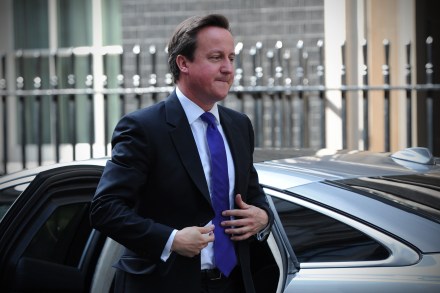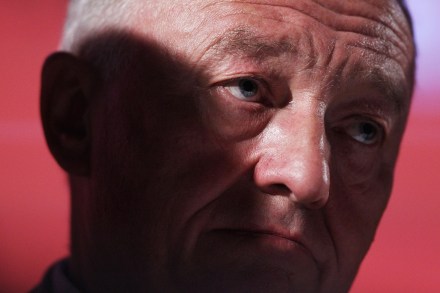Leveson narrows Cameron’s fightback window
During the government’s recent troubles, Cameroons have talked about the ‘window’ for action that David Cameron will have if Boris does win the mayoralty. But that window got a lot smaller with the news that Andy Coulson and Rebekah Brooks are appearing at the Leveson Inquiry on Thursday and Friday next week. Their appearances means that, next week, the media won’t be dominated by discussion of the Queen’s speech but by one of Cameron’s biggest misjudgments: his decision to get so close to News International. If there are anywhere near as many text messages between Cameron and Brooks as Peter Oborne alleges then it will be, at best, horribly embarrassing

















